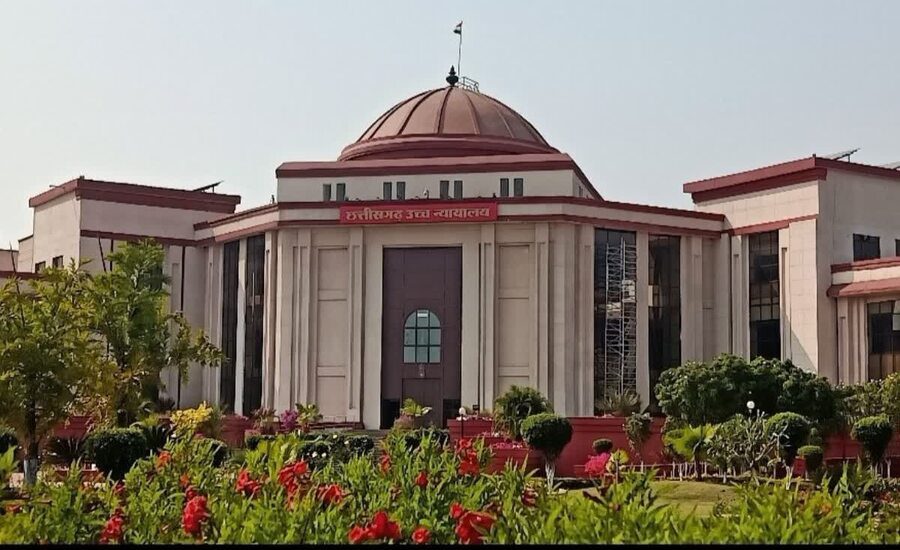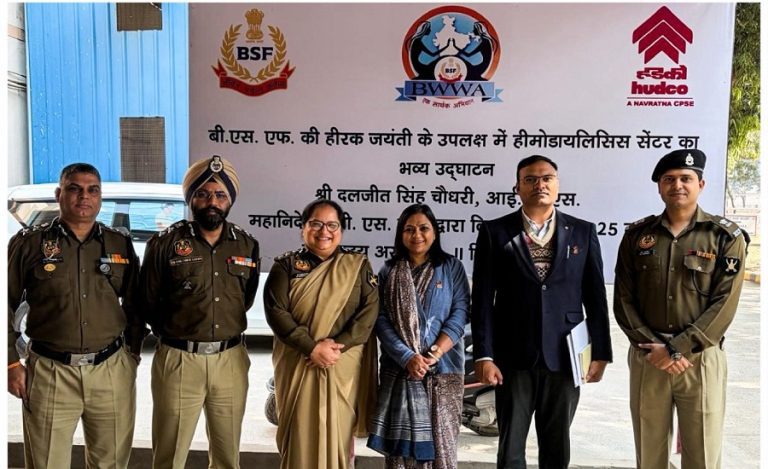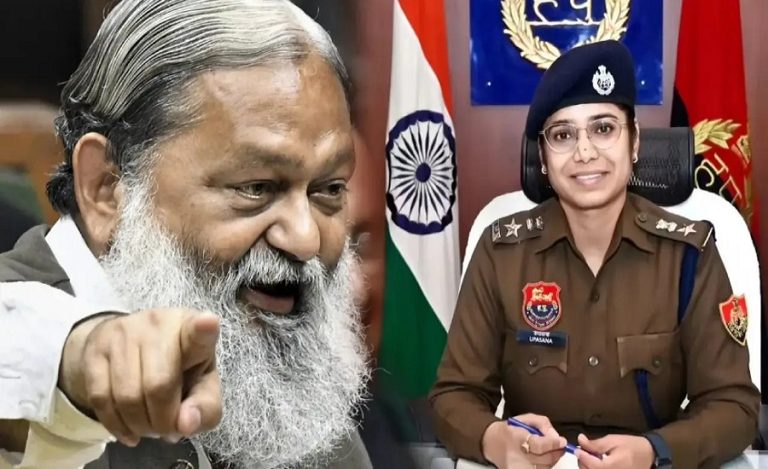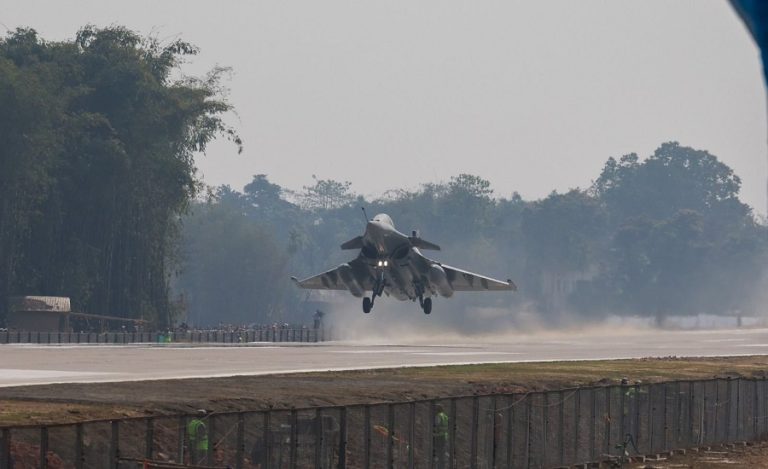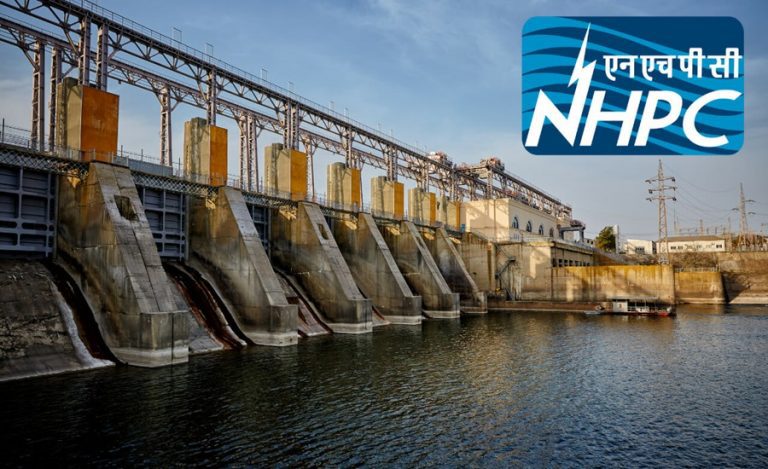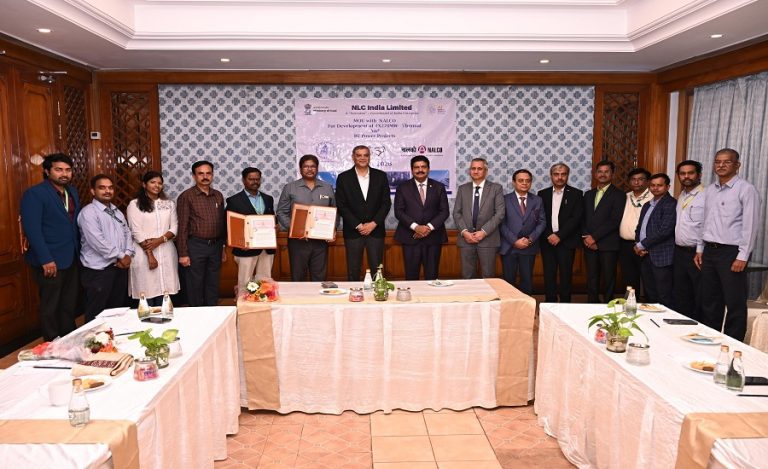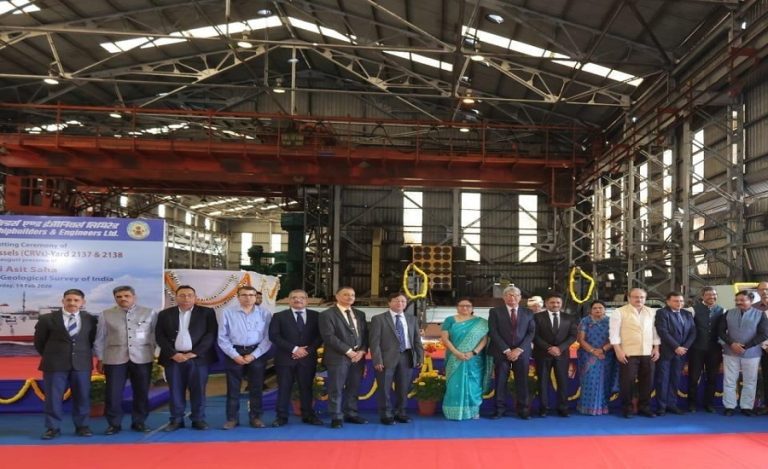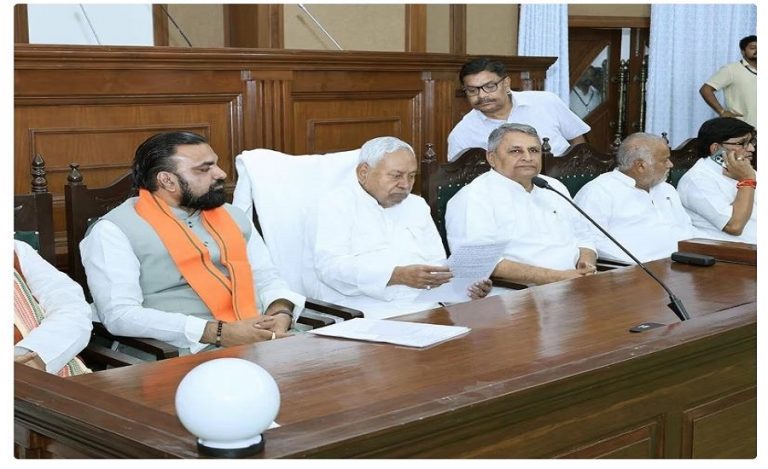Raipur: In a fresh ruling that underscores the authority of administrative transfers, the Chhattisgarh High Court has held that a government employee cannot demand a return to their original post once they have joined a transfer posting.
This decision carries important implications for public-service rules, transfer jurisprudence in India and the stability of administrative postings.
Background of the Transfer Case
The case originated when a government employee challenged a transfer posting, seeking reinstatement at the original station even after having joined the new post.
Read Also: Union Govt Reshuffles 29 Officers Empaneled In Joint-Secy Level, IAS Deepak Agarwal Made MD, NAFED
The employee persisted in demanding “return” to the previous post. The court examined service law, transfer rules and precedents, and concluded that once the post transfer has culminated in joining, the right to demand return does not survive.
Although the specific details of the officer and department are not spelled out in the publicly-available summary, the key takeaway is the court’s emphasis on joint posting being final from the employee’s side.
Chattisgarh High Court Decision on Employee Return Demand
Joined Posting Seals the Deal: The Chattisgarh High Court held that once a government employee joins the transferred post, they cannot maintain a claim to revert to the prior posting. The act of joining shows acceptance of the transfer and triggers administrative finality.
Administrative Control & Transfer Power: Transfer of government servants is an essential tool of administrative management, and the employee’s consent (in the sense of joining) is part of the process.The court observed that allowing a claim to return after joining would severely undermine administrative discipline and transfers’ purpose.
No Automatic Right of Return: The decision clarifies that an employee does not have a legal entitlement to demand a return to the former post simply because they may prefer it.
Unless the rules or transfer order provide for reversion or a return clause, the employee’s claim lacks foundation.
Why The Decision of Chattisgarh High Court matters
Stability of Government Services: The ruling supports the principle that transferred postings once accepted should not remain fluid at the employee’s will.
Clarity for Employees: Government employees must recognise that accepting and joining a transfer posting may foreclose claim to revert.
Policy Implication: Administrative departments will feel empowered to enforce transfer orders knowing the courts back joined postings as final.
Litigation-Risk Reduction: Employees and administrations alike can avoid protracted litigation over “employee return demands” once there is an unequivocal join date.
Practical Implications for Employees & Departments
- Before accepting a transfer, employees should evaluate the implications: joining means commitment to that posting unless a fresh order allows otherwise.
- Departments should ensure that transfer orders are clear, including rules on reversion if any, and records show the date of joining.
- Employees wanting to revert should check if any special provisions (e.g., compassionate ground, medical ground, rule based) exist; bare preference will seldom suffice.
- HR and service-law teams should review whether their transfer frameworks provide for return or merely allow for transfers as final.
Legal & Precedential Context
- The decision aligns with broader Indian service jurisprudence that transfer orders are valid and enforceable and that once posting is accepted and joined, parties cannot treat the process as open-ended.
- For instance, other judgments have held that an appointment offered cannot be revoked without valid reason.
- The Chhattisgarh High Court’s ruling adds specifically that the “return” demand after joining is non-maintainable.

